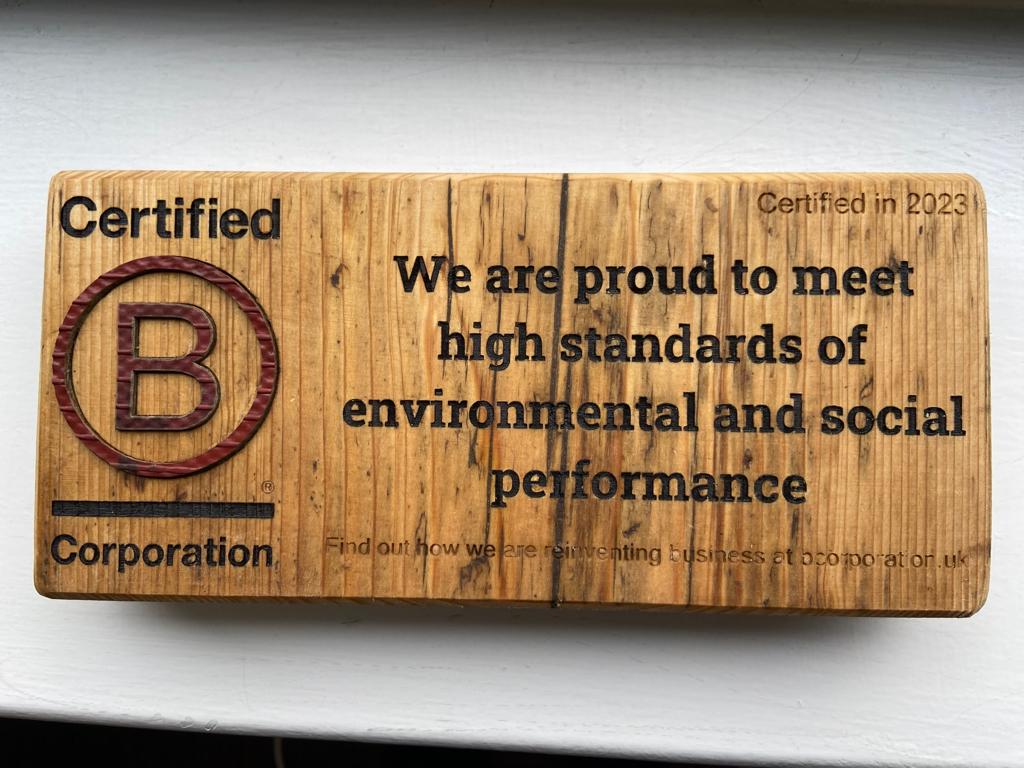We were delighted to welcome John Oliver OBE back to speak to our LEAD™ delegates last week about motivation, leadership and employee engagement, and the discussions provided a stimulating morning with lots of issues emerging. One particular discussion reminded John of a particularly effective technique his colleagues perfected back at Leyland Trucks eons ago. The questioner proffered an interesting challenge:
How do you integrate newcomers into the work ethic and attitudes displayed by an engaged workforce?
Here John shares his thoughts:
“My first reaction was to ensure your induction programme emphasises the cultural expectations of the organisation. Too often inductions focus almost entirely on understanding the geography of the place, health and safety and dealing with local bureaucracy. However, if you have an engaged or value driven organisation, and wish to sustain it, then you have to go further.
“You have to ensure that the expected behaviours are clearly understood from the off. This could simply be a “Behaviours Statement” based on single word descriptions defining the expectations of the employee and those additionally required from management. If you haven’t got one, it is a simple exercise to generate them that will take 3 hours tops, and it is all described in my book, ‘Growing your Own Heroes’. It is important.
(LEAD™ and LEADlight delegates receive a copy of John's book on our programs.)
“In any event use your induction to ensure that this code is there and expected to be fulfilled. I cannot see many new starts perceiving this as being anything other than really positive anyway.
“However, the questioner indicated that this may not be quite enough. There may still be a significant gap between the old guard and the new incomers which seemed to be impeding progress. If this is the case with you, could I suggest a simplified “buddy “system?
“Here newcomers are assigned a “buddy”. This is usually an experienced colleague, often at the same peer level, with a positive mindset who effectively sponsors the new employee and acts as a sounding board during the first few months of the new arrival’s tenure or longer. This is a low-key endeavour with the emphasis on informality. This may only entail a few conversations each week to ensure the employee feels at ease and can integrate comfortably with the usual concerns over isolation and uncertainty which often make settling in to a new environment difficult.
“Whilst the process is informally executed, it is important that the buddy has clear terms of reference about their role. We found that most volunteers here responded best to a light training programme describing the expectations on them and perhaps touching on basic coaching/mentoring skills. I am sure QuoLux™ can help you out here if you need external assistance.
“What you will find is that both the Buddy and the incomer will respond very well to the initiative. We extended the idea to help develop key operators in autonomous work groups. Each operator was assigned to a senior manager to help them adapt to their new responsibilities. We did not anticipate that the senior managers would actually get as much from the initiative as their shop floor colleagues did but that turned out to be the case in most instances. Relationships were constructed which persisted informally for a long time afterwards.
“My thanks to the questioner for raising such an important but often neglected issue."
John Oliver OBE
If you are interested in finding out more about how we help our delegates to improve their leadership skills in order to develop themselves, their teams and their organisations, please get in touch with Jo Draper or Stewart Barnes.
Our next effective leadership program for senior leaders (LEAD™) starts in November, and our next management development program for future leaders (LEADlight) will start in January 2022.



